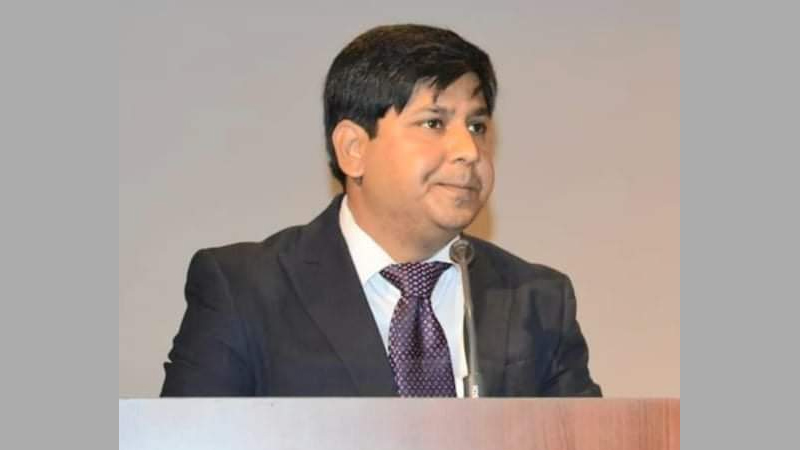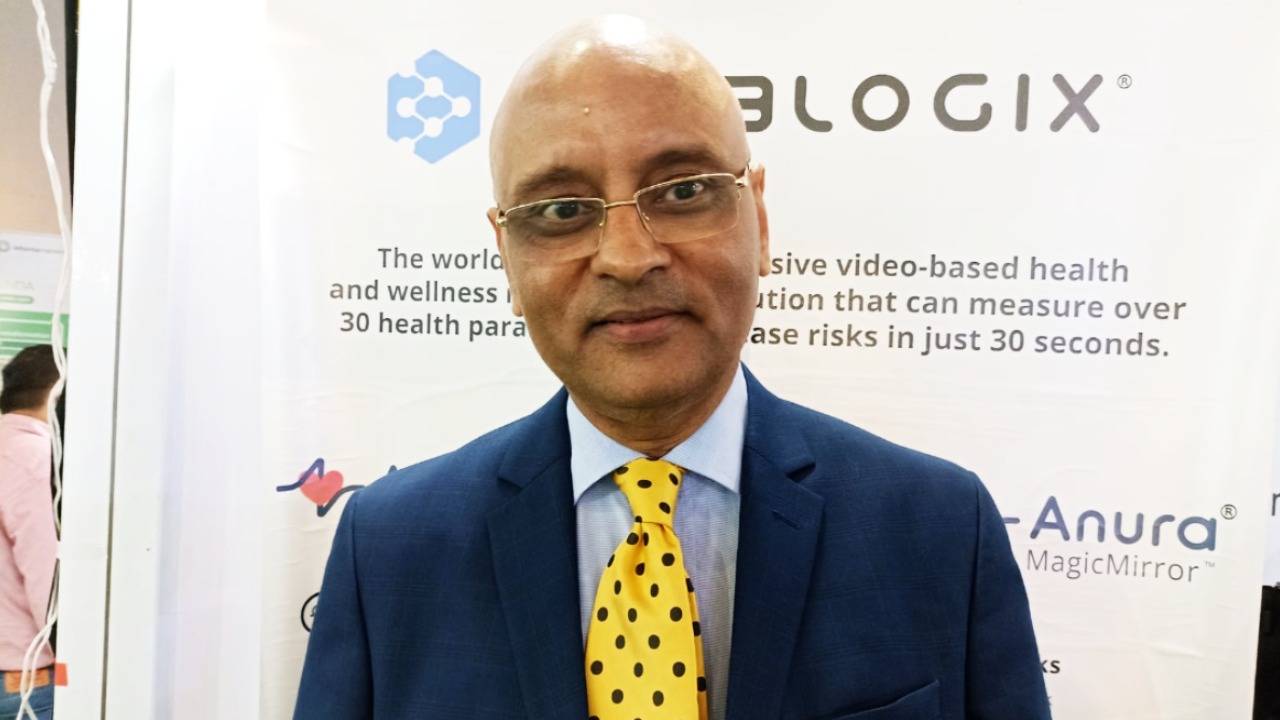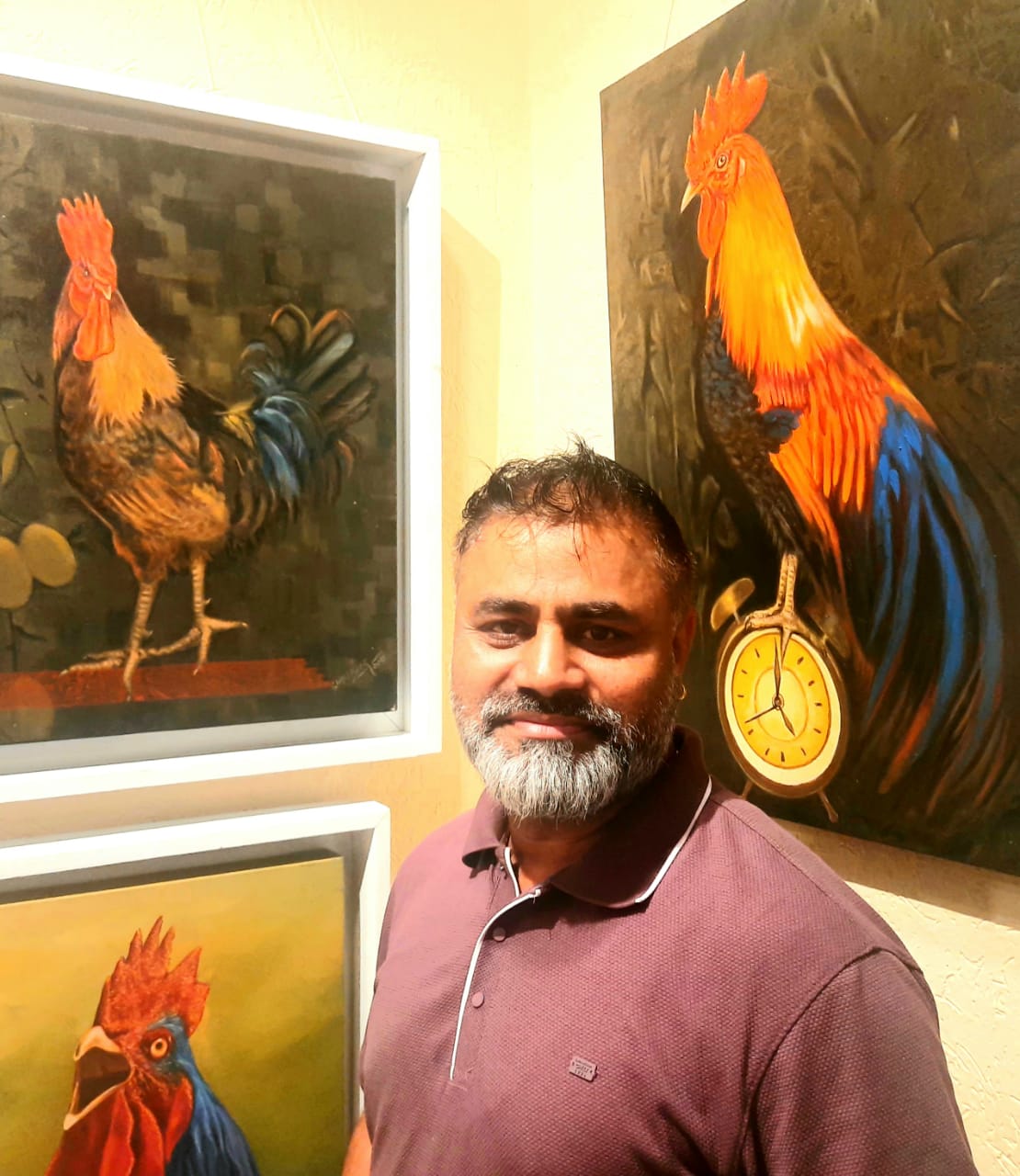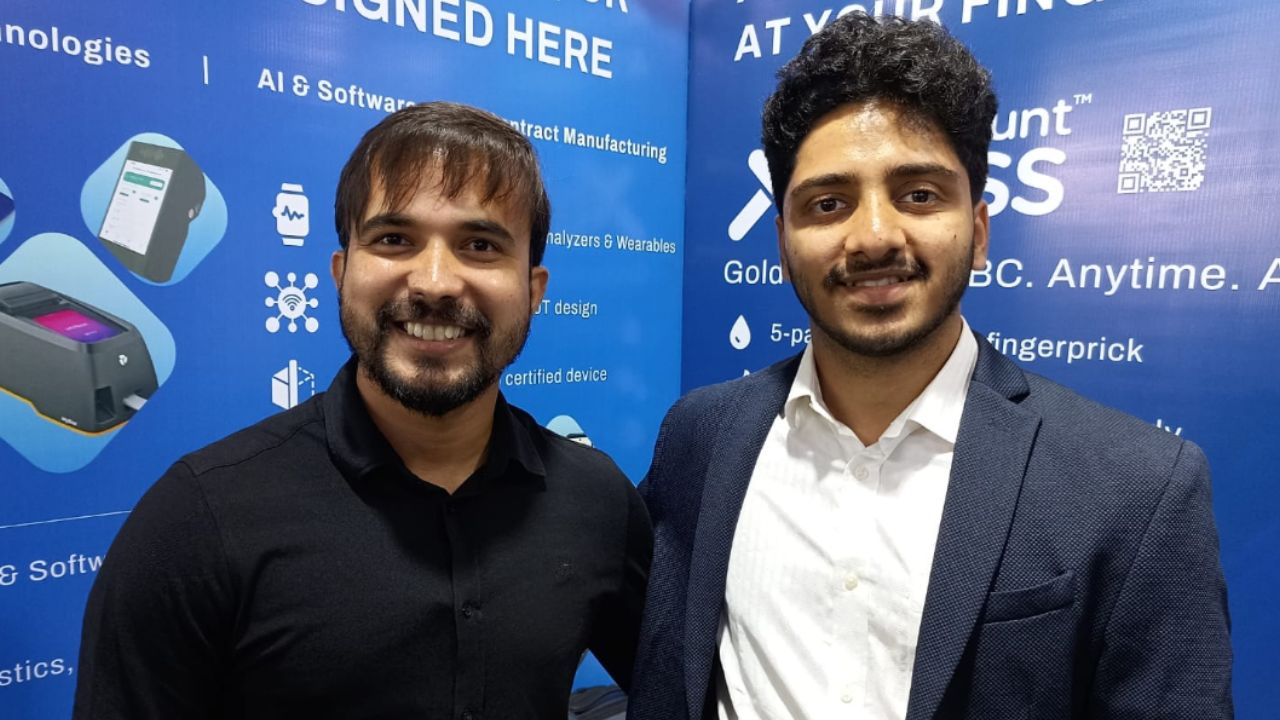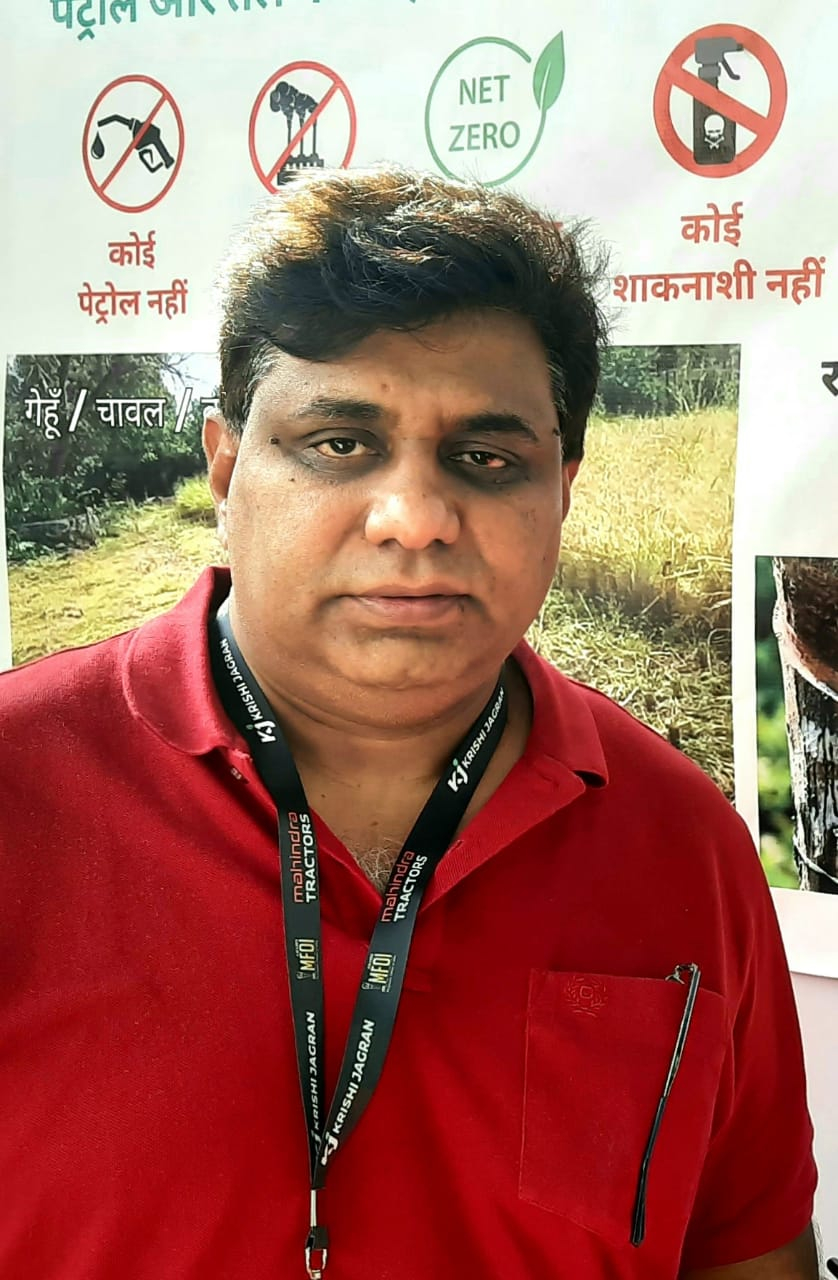Kundan Kumar, National Sales Head-Marketplace at BPC Banking Technologies, discusses how Safal Fasal, an AgriTech platform, is transforming the food value chain by empowering farmers to optimize their yields and achieve better profitability.
In an exclusive interview with The Interview World, Kundan Kumar highlights the significant role AgriTech is playing in addressing key agricultural challenges and empowering farmers.
Q: What are the current challenges in agriculture that AgriTech is helping to resolve?
A: Marginal farmers often face limited yields, forcing them to sell locally where they lack the bargaining power to secure better prices. Without access to organized credit sources, they are often dependent on moneylenders who charge high interest rates, further shrinking their margins. In addition, global warming has led to unpredictable weather patterns, disrupting traditional agricultural cycles. AgriTech can holistically address these issues.
Q: How does Safal Fasal provide solutions for the farming community?
A: Safal Fasal is an AgriTech ecosystem designed to enhance farmers’ income by connecting all stakeholders on a single platform. Our solution links buyers and sellers, giving farmers access to multiple buyers and offering inputs at competitive prices. We also facilitate access to affordable credit through our partners and provide advisory services to help farmers improve crop productivity in a sustainable way. With all transactions being digital, we enable traceability and create digital records that can help farmers eventually secure credit from formal institutions.
Q: What sets Safal Fasal apart from other AgriTech companies?
A: Safal Fasal is a comprehensive platform that addresses the full spectrum of farming needs. From providing inputs, crop advisory, and aggregation of output to processing, we add value at every stage of the agricultural process.
Q: How many farmers have benefited from Safal Fasal so far?
A: We are currently working with over 300 Farmer Producer Cooperatives (FPCs) and Farmer Producer Organisations (FPOs). Through these partnerships, we are reaching more than 300,000 farmers.
Q: What innovations do you foresee in AgriTech over the next decade?
A: In terms of inputs, technology will play a pivotal role in monitoring crop health and detecting infections early. As mobile phone penetration increases, farmers will be able to receive timely advice on farming practices. The future lies in integrating small farmers under one platform, encouraging the formation of FPOs/FPCs to collectively benefit from technology and best practices.
Q: What is your view on the corporatisation of farming in India? Will it help or hurt small farmers?
A: The corporatisation of farming has both pros and cons. On the positive side, corporatisation allows for the effective use of technology and automation to boost productivity, reduce unpredictability in yields, and improve input utilization. This can benefit both the environment and consumers. However, it may also introduce intense competition in commodity pricing, potentially harming small, unorganized markets and local mandis.


